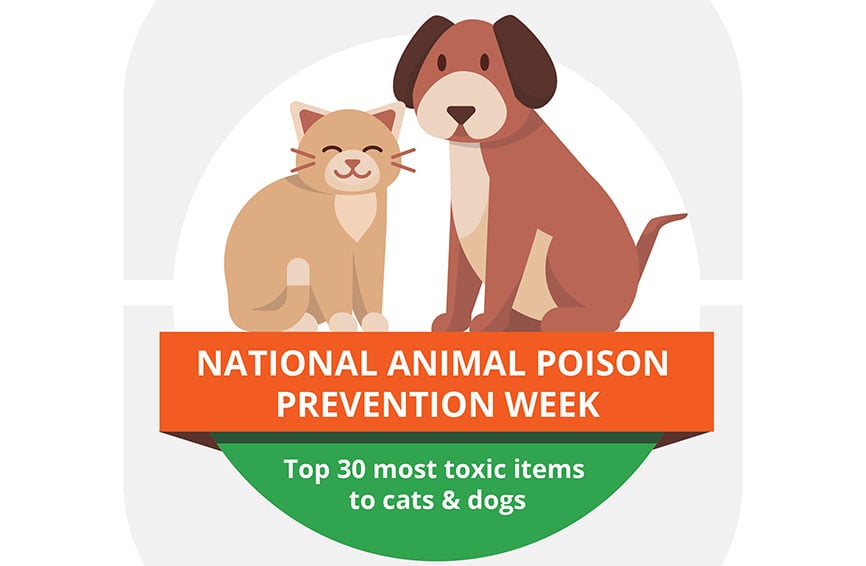Key Takeaways
- Raw, roasted, and unsalted peanuts are safe for dogs to eat.
- Peanuts contain vitamin E, vitamin B-6, niacin, and healthy fats.
- Too many peanuts can cause stomach upset or pancreatitis in dogs.
- Peanut shells are a choking hazard for dogs.
- You can also give raw, unsalted, and unsweetened peanut butter to dogs.
Table of Contents
Yes, peanuts are safe for dogs, but only if they are roasted or raw and unsalted. No extra seasonings, and don’t feed pups the shell.
Benefits of peanuts for dogs
Peanuts are loaded with protein, vitamin B-6, vitamin E, niacin, and healthy fats. However, the drawbacks of peanuts come with the human-variety: any seasoned peanuts, including salt, are not great for your dog.
Hazards of peanuts for dogs
Because they do contain fat, too many peanuts can cause digestive upset or even pancreatitis, should your dog eat a massive amount in one sitting. If these happen to also be salted peanuts, your dog is at risk for salt poisoning, which symptoms may include:
- Vomiting
- Diarrhea
- Lethargy
- Swelling or fluid accumulation
- Excessive thirst and urination
- Tremors & seizures
New flavors of peanuts on the shelf are extremely snackable for humans: chipotle, chili lime, cinnamon sugar, wasabi, and more. Err on the side of caution and don’t feed your dog these new varieties, and avoid any peanuts seasoned with excess salt, sugar, xylitol, garlic, onions, or spices. Remember, dogs do not like spicy, hot foods.
Shells are off-limits as well – they pose a choking hazard and while they’re not toxic, they can be rough going out. Maintain pet insurance on your dog, so you’ll be able to get treatment for any kind of stomach upset.
What about peanut butter for dogs?
A classic and prized pup snack, peanut butter is safe for dogs if it is raw, unsalted, and unsweetened. Do not give your dog sugar-free varieties that include xylitol; ingesting it can be fatal. Xylitol is known to shut down internal organs, cause seizures and lead to death. Some symptoms of xylitol poisoning include vomiting, shaking, weakness and difficulty walking, usually occurring 15-30 minutes after consumption. If you notice these signs, consult the Pet Poison Helpline immediately and get your pup to the emergency vet.
Curious about what is okay and not okay for your dog to eat? Check out our comprehensive guide on what human foods are safe and not safe for dogs.








